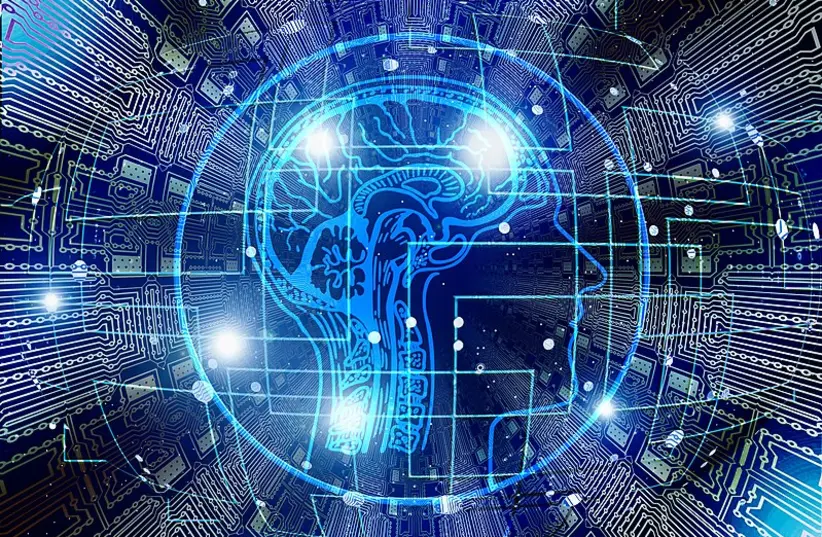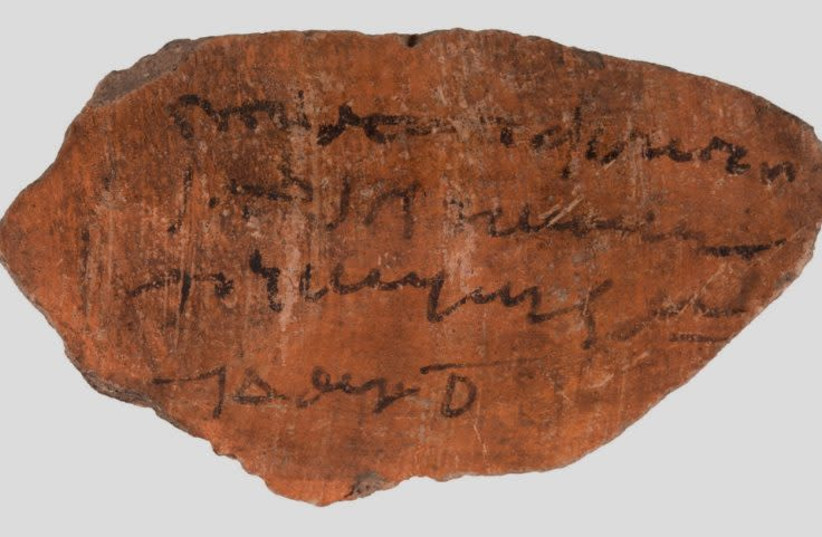AI Is Set To Change Fertility Treatment Forever
SOURCE: HTTPS://CODEBLUE.GALENCENTRE.ORG/
NOV 06, 2023
AI can help historians unravel ancient texts
SOURCE: JPOST.COM
MAR 19, 2022

The creation of artificial intelligence algorithm that can aid historians in not only restoring missing text, but also identify its original location and date of writing, was announced on Wednesday by the Department of Humanities of Ca' Foscari University of Venice, DeepMind, the Classical Faculty of the University of Oxford and the Department of Informatics of the Athens University of Economics and Business.
The study, done by Thea Sommerschield of the University of Venice, and DeepMind Research Scientist Yannis Assael, was peer-reviewed and published in Nature, one of the world's most widely read and prestigious academic journals.
Many ancient inscriptions, which can help us understand and study historical events, are damaged and incomplete. Some are completely illegible, while others have been transported so many times from one place to another and so can be difficult to date or determine their origin correctly.
The algorithm, named Ithaca, has proven its accuracy and effectiveness in lab research. In one example, Ithaca was able to attribute inscriptions to their original location with 71% accuracy, and date them within a range of less than 30 years, as opposing to many more decades, if not centuries, estimations that had previously been made by historians.
Ithaca's first test was to shed some light on current disputes in Greek history, including the dating of a series of important Athenian decrees thought to have been written before 446 BCE. New evidence recently presented by historians suggest that the 420s BCE is a more accurate time period.

Archaeological tablet of Greek receipt for payment of Jewish tax, 30 August 110 CE (credit: ARCHAEOLOGICAL MUSEUM OF KRAKÓW / PUBLIC DOMAIN/NATIONAL LIBRARY OF ISRAEL)
Remarkably, Ithaca has given the result of 421 BCE, aligning precisely with the new evidence and proving its ability to contribute to historical debates and solving historical mysteries.
LATEST NEWS
Augmented Reality
Hi-tech smart glasses connecting rural and remote aged care residents to clinicians
NOV 20, 2023
WHAT'S TRENDING


Data Science
5 Imaginative Data Science Projects That Can Make Your Portfolio Stand Out
OCT 05, 2022

SOURCE: HTTPS://CODEBLUE.GALENCENTRE.ORG/
NOV 06, 2023
SOURCE: HTTPS://WWW.NEWS-MEDICAL.NET/
NOV 06, 2023
SOURCE: HTTPS://WWW.WIRED.COM/
NOV 05, 2023
SOURCE: HTTPS://WWW.BUSINESSOUTREACH.IN/
OCT 31, 2023
SOURCE: HTTPS://WWW.DIGITALMUSICNEWS.COM/
SEP 13, 2023
SOURCE: HTTPS://PULSE2.COM/
AUG 27, 2023
SOURCE: HTTPS://TECHCRUNCH.COM/
AUG 18, 2023